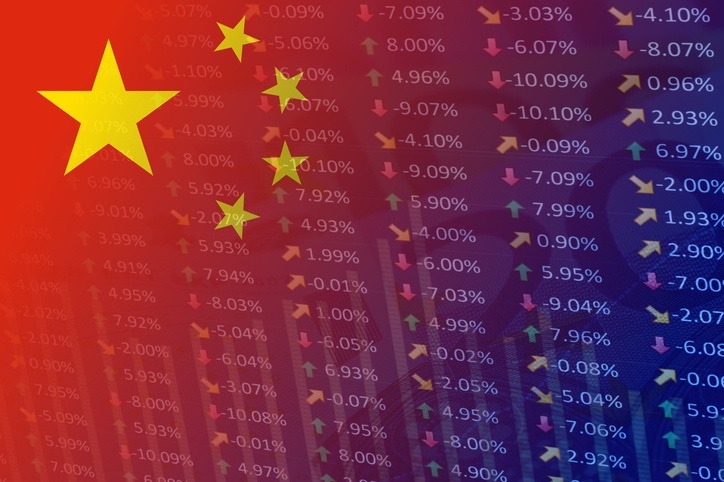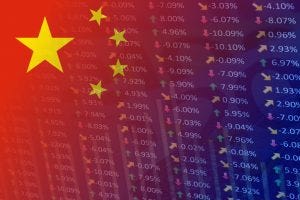Content Spotlight
Podcast: MilliporeSigma says education vital to creating unbreakable chain for sustainability
MilliporeSigma discusses the importance of people, education, and the benefits of embracing discomfort to bolster sustainability efforts.

The opportunistic nature of its partnership with BeiGene threw Amgen into the ever-increasingly attractive China market, management said at JP Morgan.
At the JP Morgan Healthcare Conference in San Francisco this week, Amgen reflected on its 2019 M&A activity and counted itself as a beneficiary of rival Big Biopharma firm Bristol-Myers Squibb’s (BMS) Celgene acquisition for $74 billion (€66 billion).
From a product perspective, regulatory divestiture demands led Amgen to pick up the global rights to psoriasis drug Otezla (apremilast) for $13.4 billion. But from a global market perspective, CFO Peter Griffith recognized the BMS-Celgene deal as kickstarting Amgen’s strategy for the burgeoning China market.

Image: iStock/MasterSergeant
In June last year, Celgene paid BeiGene $150 million to annul a development and commercialization partnership inked in 2017 to fulfill regulatory demands ahead of the BMS merger. Six months later, Amgen took a $2.7 billion stake – roughly 20% of the company – in the Chinese drugmaker, inking a development and commercialization deal in the region.
“When Celgene announced its original collaboration with BeiGene, that was a watershed moment in the industry, a watershed moment because the deal was focused on innovation arising from China,” Griffith told the audience in San Francisco.
“We were very fortunate that as a result of the Bristol Celgene transaction, BeiGene needed to find another collaborator and we were able to step into what we hope will be a very productive partnership.”
Amgen managed to tap into the China market on its own, launching cardiovascular disease monoclonal antibody Repatha (evolocumab) in the region last year. But Griffith told investors there is a huge amount of innovation coming out of the region, supported by “a tremendous amount of cash that’s being invested in biotechnology,” which will make China itself a future hub of drug discovery and development.
“So all-in-all it’s already the second largest market, it’s growing rapidly,” he said. “If you’re looking at 10, 15, 20-year horizon, you can’t be a world leading biopharmaceutical company without a substantial sophisticated infrastructure in that country.”
You May Also Like